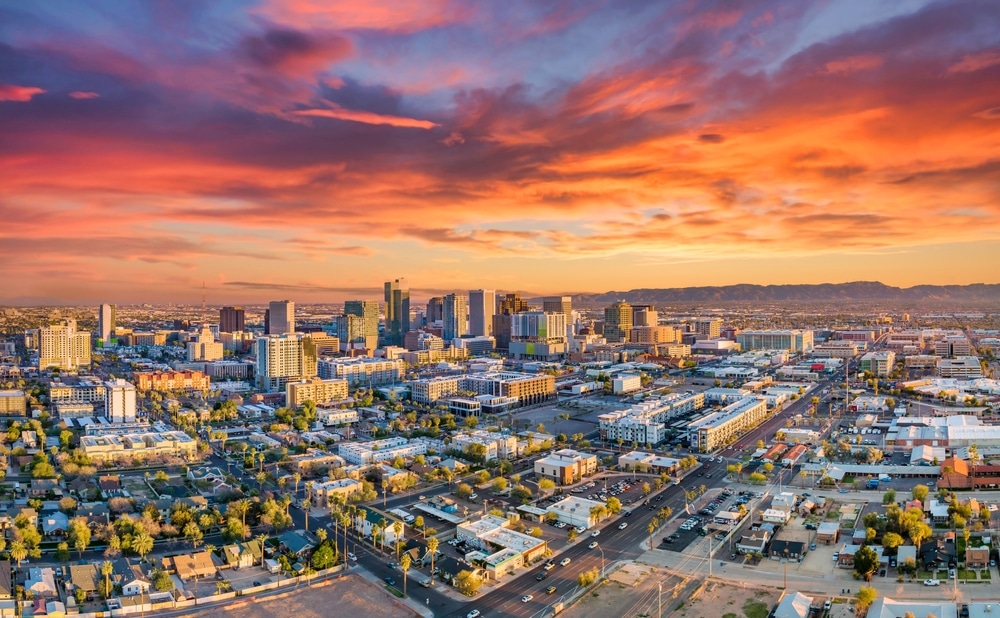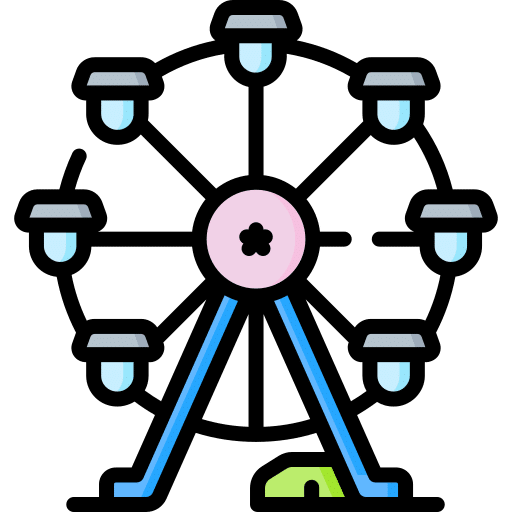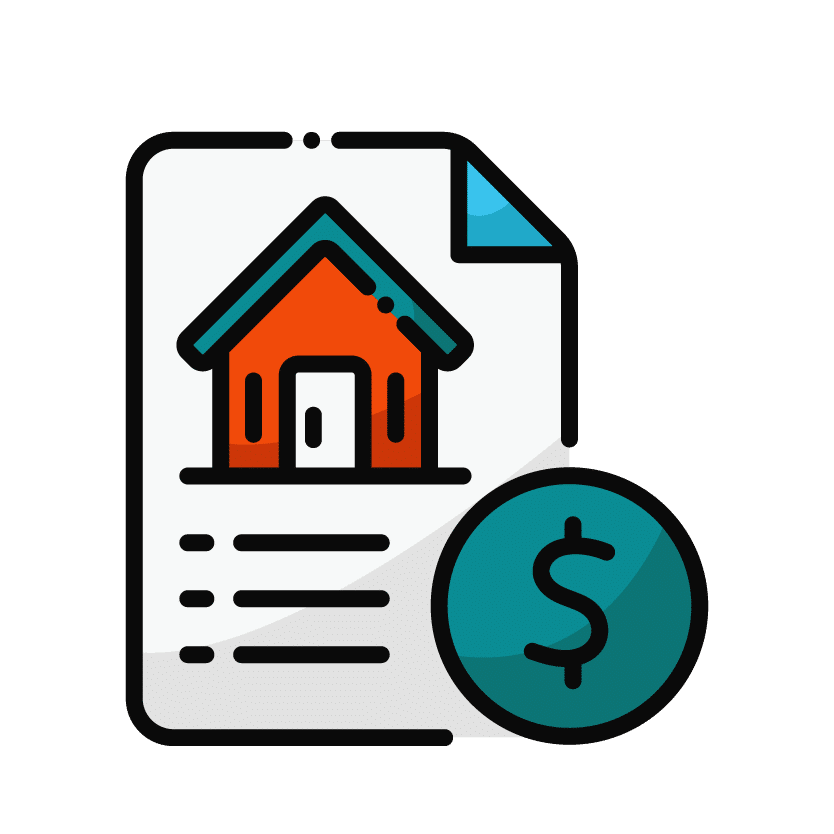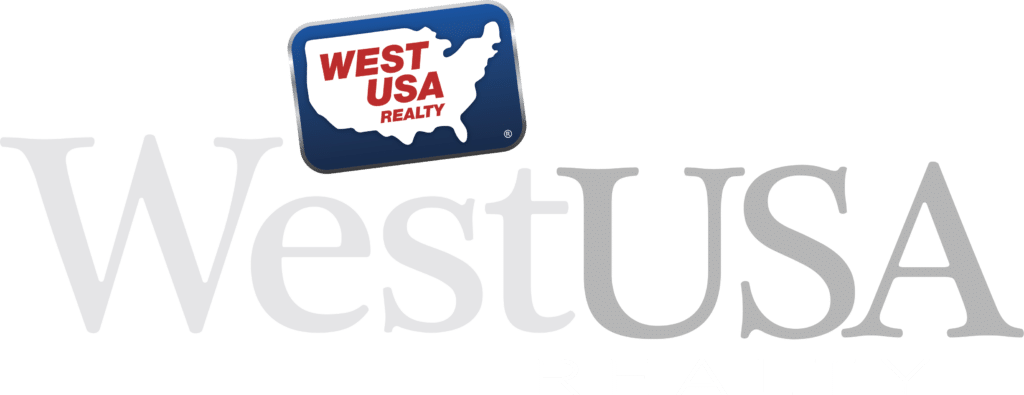
Phoenix emerged as a thriving metropolis through the visionary efforts of pioneers who recognized the valley’s immense potential. The city’s development was carefully orchestrated by forward-thinking urban planners who prioritized sustainable growth and community connection. The architectural landscape of Phoenix showcases a stunning blend of contemporary desert modernism and traditional Southwestern design elements. Major developers like DMB Associates and Sunbelt Holdings have played crucial roles in shaping Phoenix’s most desirable communities. The city’s master-planned communities reflect a deep understanding of desert living while incorporating cutting-edge sustainability features. Recent years have witnessed an unprecedented expansion of Phoenix’s urban footprint, with new developments constantly emerging around the valley.

Phoenix's real estate market continues to attract both national and regional builders known for their quality craftsmanship. Leading construction companies like Toll Brothers and Taylor Morrison have established strong reputations for delivering exceptional homes. Current home prices in Phoenix range from $300,000 for starter homes to over $3 million for luxury estates. The market has demonstrated remarkable resilience, with property values showing consistent appreciation over the past several years. Single-family homes dominate the market, though luxury condominiums and townhouses have gained significant popularity recently. The average price per square foot currently hovers around $225, reflecting the market's competitive nature. Most properties in desirable neighborhoods typically spend between 30 to 45 days on the market. The current inventory levels indicate a balanced market, offering opportunities for both buyers and sellers.

The Phoenix area boasts several highly-rated school districts, including Paradise Valley Unified and Scottsdale Unified School District. Many local schools have earned prestigious Blue Ribbon recognition for their academic excellence and innovative teaching approaches. Private education options include nationally recognized institutions like Brophy College Preparatory and Xavier College Preparatory. The area's schools offer comprehensive STEM programs, advanced placement courses, and specialized academic tracks for gifted students. Local districts provide extensive support services, including before and after-school programs and specialized learning assistance. Educational resources extend beyond traditional classrooms to include numerous tutoring centers and enrichment programs.

The valley features world-class golf courses, including the prestigious TPC Scottsdale, home of the Phoenix Open. Community centers throughout Phoenix offer state-of-the-art fitness facilities and diverse recreational programming for all age groups. The extensive parks system includes popular destinations like Papago Park and South Mountain Park Preserve. Many neighborhoods feature resort-style swimming pools, tennis courts, and modern fitness centers accessible to residents. Private country clubs like the Arizona Country Club offer exclusive membership benefits and social networking opportunities. The city maintains an impressive network of hiking and biking trails, perfect for outdoor enthusiasts.

Scottsdale Fashion Square and Biltmore Fashion Park offer upscale shopping experiences with prestigious national and international retailers. Local dining scenes in areas like Old Town Scottsdale and Arcadia feature award-winning restaurants and innovative culinary concepts. The Musical Instrument Museum and Desert Botanical Garden provide unique cultural experiences for residents and visitors alike. Entertainment districts throughout the valley offer everything from casual sports bars to sophisticated wine lounges. Phoenix's central location provides easy access to numerous movie theaters, performing arts venues, and concert halls. The city's vibrant arts scene includes numerous galleries, studios, and regular cultural events.

The Valley Metro light rail system connects major points throughout Phoenix, Tempe, and Mesa with reliable service. Major highways like Loop 101 and I-10 provide convenient access to all parts of the metropolitan area. Most commute times to downtown Phoenix range from 20 to 40 minutes, depending on starting location. The city has embraced alternative transportation options, including extensive bike sharing programs and dedicated cycling lanes. Phoenix Sky Harbor International Airport offers exceptional connectivity to domestic and international destinations. The area features numerous electric vehicle charging stations and well-maintained park-and-ride facilities.

Phoenix's commitment to public safety is reflected in its comprehensive police and fire department coverage. Many neighborhoods maintain active community watch programs and regular security patrols for resident peace of mind. Emergency response times in Phoenix consistently meet or exceed national standards for urban areas. The city employs modern technology and surveillance systems to enhance community safety and security. Local police departments regularly host community outreach programs to build strong relationships with residents. Many gated communities offer additional security measures, including controlled access and regular security patrols.

Phoenix boasts world-class medical facilities, including the Mayo Clinic and Banner Health's network of hospitals. The metropolitan area features numerous specialized medical centers focusing on cancer treatment, cardiac care, and pediatrics. Emergency response times average under five minutes in most Phoenix neighborhoods, exceeding national standards. The region offers extensive mental health resources, including counseling centers and wellness facilities. Alternative medicine practitioners and holistic health centers provide diverse treatment options for residents. The healthcare infrastructure continues to expand with new medical facilities and specialized treatment centers.

Phoenix's desert location provides year-round opportunities for outdoor recreation and adventure activities. The nearby McDowell Sonoran Preserve offers over 200 miles of trails for hiking, mountain biking, and nature observation. Local parks feature well-maintained sports facilities, including basketball courts, soccer fields, and baseball diamonds. The city maintains numerous public pools and splash pads, perfect for staying cool during summer months. Adventure enthusiasts can enjoy rock climbing, desert jeep tours, and hot air balloon rides. The surrounding Sonoran Desert provides endless opportunities for photography, bird watching, and wildlife observation.

Phoenix hosts numerous cultural festivals throughout the year, celebrating the region's diverse heritage and traditions. The weekly farmers' markets in various neighborhoods offer fresh local produce and artisanal products. Community organizations provide extensive volunteer opportunities, from environmental conservation to youth mentoring programs. Local homeowners' associations organize regular social events, fostering strong neighborhood connections and community spirit. The city's events calendar includes art walks, music festivals, and seasonal celebrations throughout the year. Neighborhood associations actively engage in community improvement projects and social initiatives.

Phoenix enjoys over 300 days of sunshine annually, making it perfect for outdoor activities and solar energy. Summer temperatures typically range from 90 to 110 degrees, while winters remain mild with daytime highs. The low humidity levels make even higher temperatures more comfortable than in other warm climates. The monsoon season brings dramatic thunderstorms and spectacular lightning displays during late summer months. Fall and spring offer perfect weather conditions for outdoor activities and community events. The desert climate creates stunning sunsets and unique atmospheric conditions throughout the year.

Phoenix maintains strict building codes to ensure structures can withstand the desert climate and seasonal storms. Recent zoning updates have focused on sustainable development and preserving natural desert landscapes in new communities. The city provides comprehensive flood control systems and emergency response plans for natural disasters. Most neighborhoods have established architectural guidelines to maintain community aesthetics and property values. Development regulations prioritize water conservation and energy efficiency in new construction projects. Regular community meetings keep residents informed about upcoming development projects and zoning changes.

Phoenix's diverse economy includes strong healthcare, technology, and financial services sectors employing thousands of professionals. Major employers like Intel, American Express, and Banner Health continue to expand their local operations. The unemployment rate consistently remains below national averages, reflecting the region's strong job market. Technology companies increasingly choose Phoenix for new operations, creating high-paying job opportunities. The healthcare sector continues to grow, with numerous medical facilities expanding their services and staff. Educational institutions partner with local businesses to create workforce development programs and internship opportunities.

Property tax rates in Phoenix remain competitive compared to other major metropolitan areas in the Southwest. The cost of living in Phoenix generally falls below that of comparable cities on the east and west coasts. Utility costs vary seasonally, with summer electricity bills reflecting increased air conditioning usage during peak months. Many newer homes incorporate energy-efficient features to help reduce monthly utility expenses throughout the year. HOA fees typically cover community maintenance, security services, and access to shared amenities and facilities. The city offers various programs to help residents improve energy efficiency and reduce utility costs.

Phoenix operates under a council-manager form of government, ensuring efficient administration of city services. The city maintains excellent response times for emergency services and routine maintenance requests throughout the year. Public services include regular street cleaning, bulk trash collection, and comprehensive recycling programs for residents. The local government actively engages with community groups to address neighborhood concerns and improvement projects. City departments provide online services for permits, payments, and other routine transactions for resident convenience. Regular town halls and community meetings keep residents informed about local initiatives and development plans.


Copyright © 2025 Arizonan. All rights reserved.